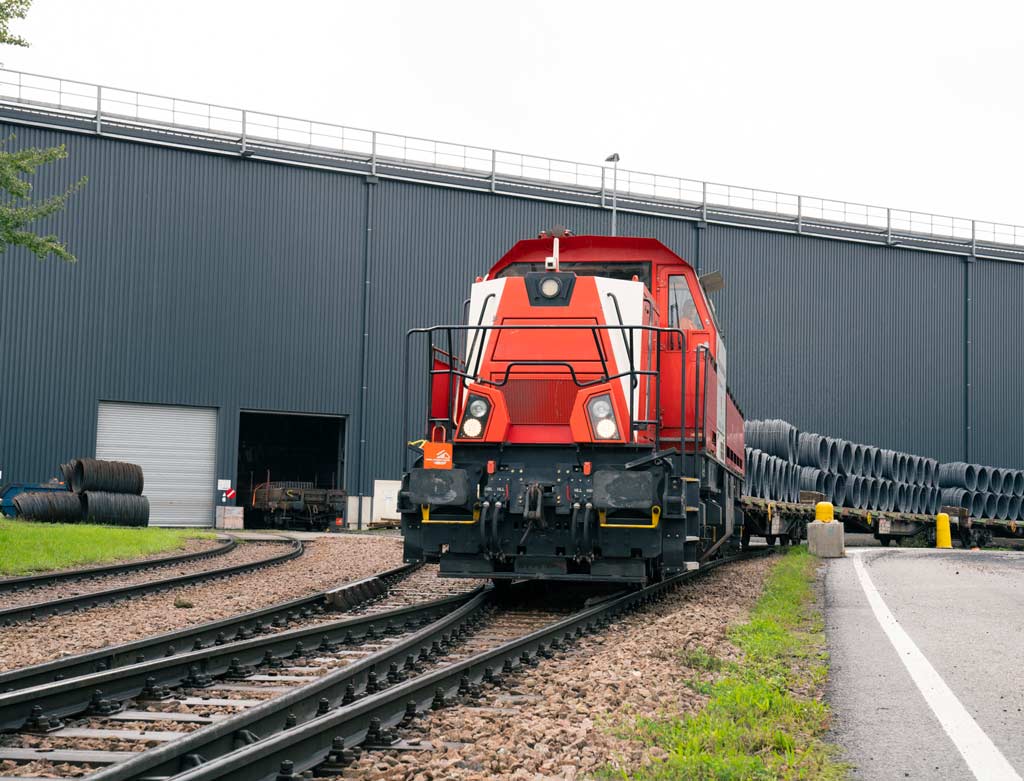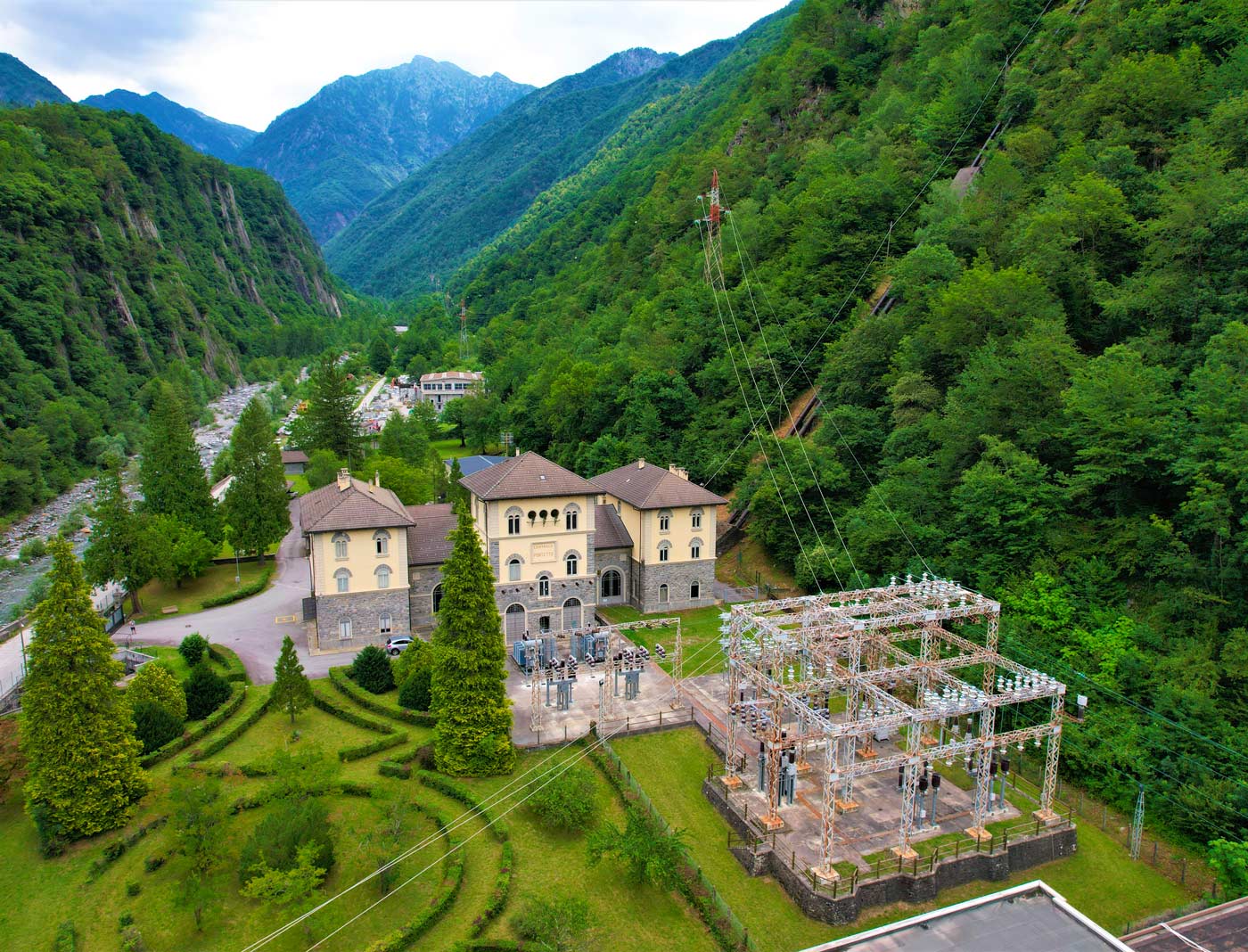Sustainability
General Context
Sustainability for us is protecting the environment that hosts us and the territories of which we are a part, it is standing by our people by supporting the surrounding communities and sustaining their economies. Sustainability for us means producing steel, rethinking our industrial processes according to more virtuous models and investing in making them. It means activating in an increasingly fruitful synergy with all stakeholders, because in the sharing of projects lies the real key to building the future together.
It is clear how much complexity lies in the proper management of the aspects that contribute to making an organization sustainable, and how necessary it is for companies to adopt a rigorous multidisciplinary approach to ensure that sustainability finds a solid foundation in business management. The path of integrating the UN Sustainable Development Goals (SDGs) within corporate business unravels, in relation to the challenge of climate change, starting with the actions developed to reduce the environmental footprint of industrial processes, particularly for carbon-intensive ones, such as steel, defined as “hard-to-abate,” which, thanks to the promising technological development fostered by the European Green Deal and the development of offset projects, are able to look to 2050 with the “carbon neutral” perspective indicated by the European Union.
In the environmental field, many efforts are also directed toward the use in processes of alternative materials and to the recycling and valorization of resources from a circular perspective, of which electric furnace steelmaking is a leader by its intrinsic nature, based on the recovery of ferrous scrap.
Corporate welfare actions and wide-ranging and easily accessible training offerings are central to this aspect.
There is also a clear perception of the contribution to sustainable development that the entire supply chain can provide, upstream and downstream of the cycles under the company’s direct control, but of which the business must necessarily take charge, through involvement and information exchange with the players in the various supply chains, toward virtuous paths of optimizing transport and choosing products with reduced impact.
AFV Beltrame Group has long promoted in an increasingly inclusive way, the integration of sustainability with the guidelines that govern the company’s business. This choice, in addition to stemming from an increasing awareness of the relevance of ESG issues for the Group’s growth, also stems from the increasingly stringent European and national regulations that companies must adopt, also in anticipation of stricter future regulations. All of these aspects have therefore led the Group to develop and already undertake a very precise and ambitious plan for medium- to long-term sustainability that will allow it to pursue sustainable growth and to take advantage at the same time, of the new opportunities arising from this corporate cultural revolution.
5 Pillars
AFV Beltrame Group has identified 5 key pillars on which it is focusing its environmental efforts with medium- and long-term goals
Read more

Environment
Steelmaking activities present potential interferences towards numerous environmental compartments that need to be carefully addressed. AFV Beltrame Group has long had a management system in place that has made it possible to highlight the main environmental aspects characteristic of its plants and to implement conduction and prevention actions consistent with the results obtained from the assessment of potential impacts with respect to environmental matrices.
Read moreSocial
The management of and relationship with our people is undoubtedly based on the principles enshrined in our Code of Ethics and the Group’s Sustainability policies, in absolute compliance with local regulations and collective agreements, but it is based above all on the virtuous relationships we build with our employees.
Read more